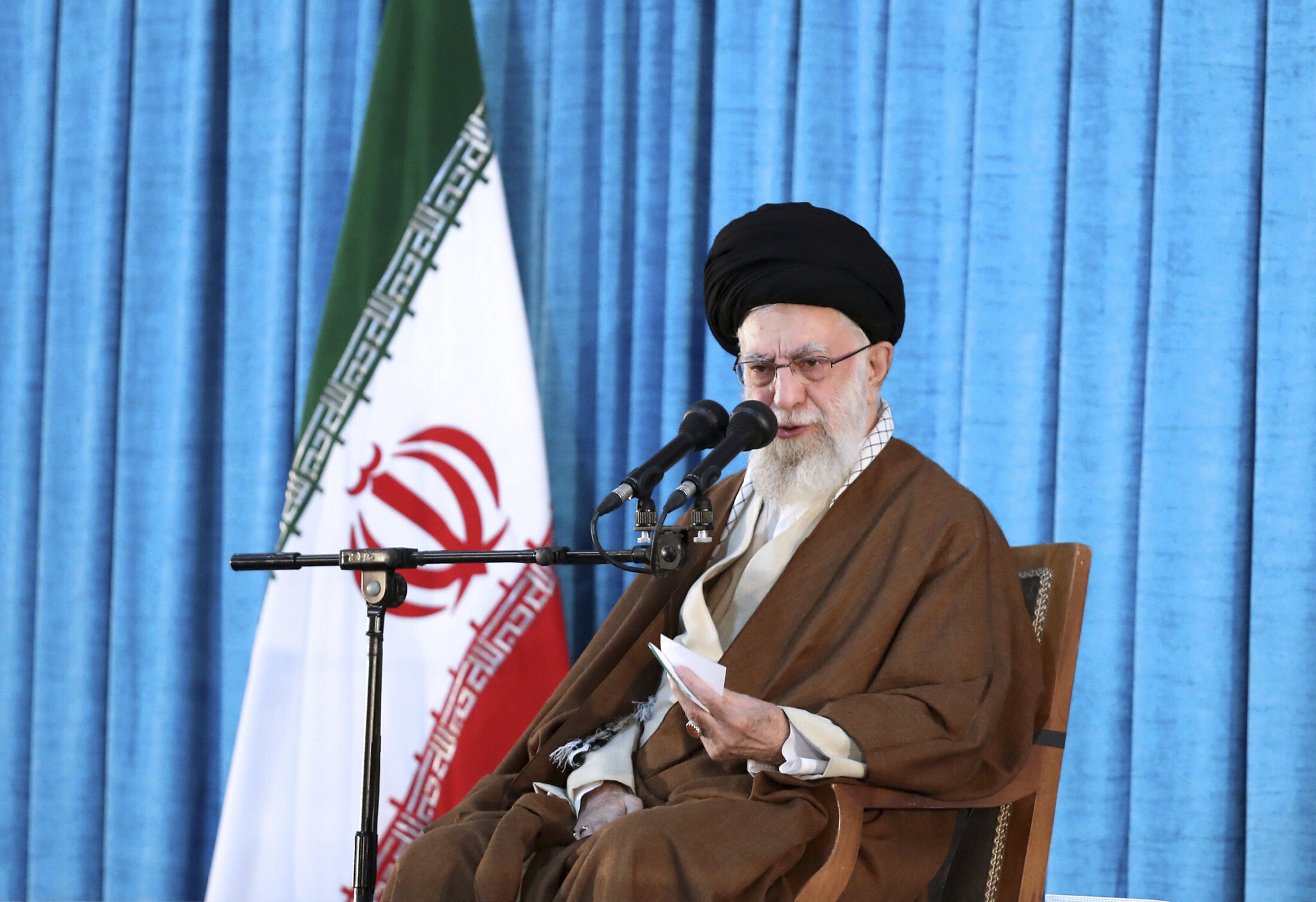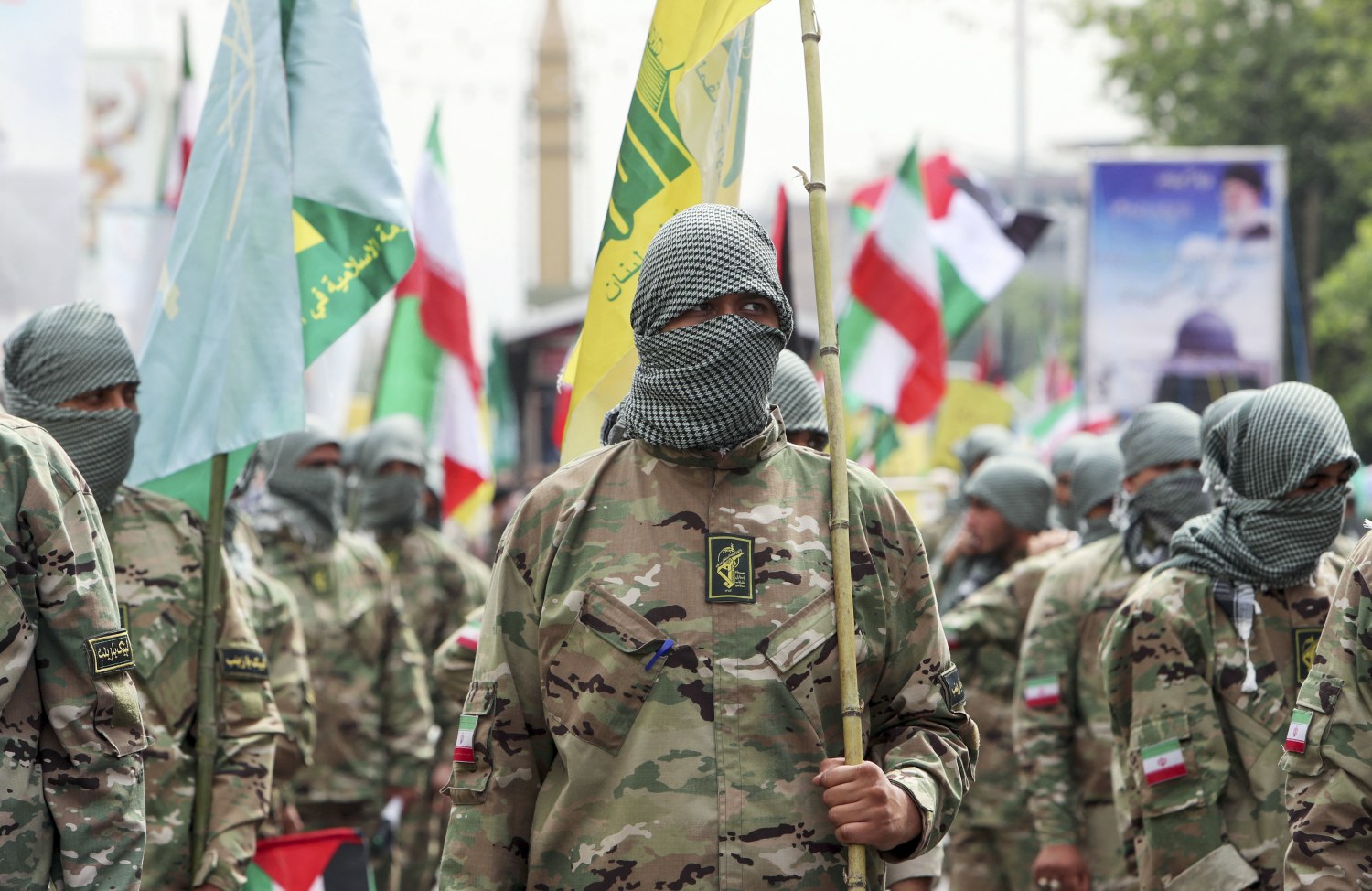Iran’s leadership is a complex and intricate system that involves a variety of individuals and institutions. At the top of the hierarchy is the Supreme Leader, currently Ayatollah Ali Khamenei, who holds the ultimate authority in the country. The Supreme Leader is not elected by the people, but rather appointed by the Assembly of Experts, a group of clerics who are themselves elected by the people.
While the Supreme Leader wields considerable power, he is not the only player in Iran’s leadership structure. The President, currently Hassan Rouhani, is elected by the people and serves as the head of government. The President is responsible for implementing policies and overseeing the day-to-day operations of the government.
Additionally, there are various other institutions in Iran, such as the Guardian Council and the Expediency Council, which play important roles in the decision-making process. Understanding Iran’s leadership requires a nuanced understanding of the various individuals and institutions that hold power and influence in the country.

The Presidential Election Process
The Presidential Election Process is a complex and intricate system that plays a crucial role in the democratic governance of the United States. From the moment a candidate announces their intention to run for president, to the final tally of electoral votes on Election Day, every step of the process is carefully orchestrated to ensure a fair and transparent outcome.
Candidates must navigate a series of primaries and caucuses in each state to secure their party’s nomination, before moving on to the general election where they compete against the opposing party’s nominee. The Electoral College then convenes to cast their votes based on the popular vote in each state, ultimately determining the next President of the United States.
Along the way, candidates must campaign tirelessly, engaging with voters, participating in debates, and outlining their policy platforms. The entire process is a testament to the democratic principles upon which the country was founded, allowing for a peaceful transition of power and giving the American people a voice in selecting their leader.
While the process may be complex and at times contentious, it serves as a cornerstone of American democracy, ensuring that the will of the people is reflected in the highest office in the land. As candidates and voters alike participate in this important process, they embody the values of democracy and civic engagement that are essential to a functioning and vibrant society. Ultimately, the Presidential Election Process is a reflection of the enduring commitment to democracy that defines the United States and sets it apart as a beacon of freedom and self-governance for the world.
Challenges to State Power in Iran
Challenges to State Power in Iran are numerous and multifaceted. One of the key challenges is the presence of various opposition groups within the country, such as political dissidents, ethnic minorities, and religious minorities. These groups often challenge the authority of the state through protests, demonstrations, and acts of civil disobedience.
Additionally, the Iranian government faces challenges from external forces, such as international sanctions and pressure from other countries. These external challenges can weaken the state’s power and limit its ability to govern effectively. Furthermore, corruption and inefficiency within the government itself can also pose a significant challenge to state power.
When government officials engage in corrupt practices or fail to provide basic services to the population, it can undermine the legitimacy of the state and lead to increased dissent among the population. Overall, the challenges to state power in Iran are complex and ongoing, requiring the government to navigate a delicate balance between maintaining control and responding to the demands of its citizens and the international community.

The Role of the Revolutionary Guards
The Revolutionary Guards play a significant role in Iran, serving as a powerful military force that operates independently from the regular army. Established after the Islamic Revolution in 1979, the Guards are tasked with protecting the ideals of the revolution and safeguarding the country’s sovereignty.
They have a wide range of responsibilities, including maintaining internal security, combating terrorism, and defending Iran against external threats. The Guards have also been involved in various economic activities, controlling a vast network of companies and enterprises that contribute to the country’s development.
Additionally, they play a crucial role in shaping Iran’s foreign policy, supporting allies in the region and countering perceived adversaries. Despite facing criticism for their alleged interference in politics and human rights abuses, the Revolutionary Guards remain a formidable and influential institution in Iranian society.
Their loyalty to the revolution and their unwavering commitment to defending Iran’s interests make them a key player in the country’s political landscape. As Iran continues to navigate regional tensions and international pressures, the role of the Revolutionary Guards is likely to remain pivotal in shaping the country’s future.
Understanding the Basij Force
The Basij Force is a paramilitary volunteer militia in Iran that plays a significant role in maintaining social order and supporting the government. Established during the Iran-Iraq War in the 1980s, the Basij Force is made up of civilian volunteers who are trained to assist the regular armed forces in times of conflict or crisis.
The Basij Force is closely affiliated with the Islamic Revolutionary Guard Corps (IRGC) and is considered a crucial component of Iran’s national security apparatus. Members of the Basij Force are typically young, ideologically committed individuals who undergo military training and are deployed in various capacities, including crowd control, disaster relief, and intelligence gathering.
The Basij Force is also involved in promoting Islamic values and enforcing moral codes in society, such as dress regulations and guidelines for social behavior. While some critics view the Basij Force as a tool of repression and control by the Iranian government, supporters argue that it serves as a safeguard against external threats and internal instability.
Understanding the Basij Force requires recognizing its dual role as both a defense force and a moral authority within Iranian society. Its influence extends beyond military matters to encompass social, cultural, and religious aspects of daily life. Ultimately, the Basij Force plays a complex and multifaceted role in Iranian society, reflecting the country’s unique political and religious landscape.

The Supreme Leader’s Authority
The Supreme Leader’s authority is unquestioned and absolute in the eyes of their followers. They hold immense power and control over all aspects of society, from political decisions to cultural norms. The Supreme Leader’s word is law, and their directives are followed without question. Their authority is derived from a combination of religious belief, historical tradition, and sheer force of will.
The Supreme Leader is seen as a divine figure, with their decisions and actions believed to be guided by a higher power. Any challenge to their authority is met with swift and severe consequences, as dissent is not tolerated in their regime. Despite the oppressive nature of their rule, many view the Supreme Leader as a benevolent and wise leader who has the best interests of the people at heart.
Their authority is seen as necessary for maintaining order and stability in society, and many believe that without their leadership, chaos would ensue. In the eyes of their followers, the Supreme Leader’s authority is absolute and unquestionable, and their decisions are to be followed without hesitation. The Supreme Leader’s authority is a fundamental aspect of their regime, shaping all aspects of society and ensuring their continued control over the people.
